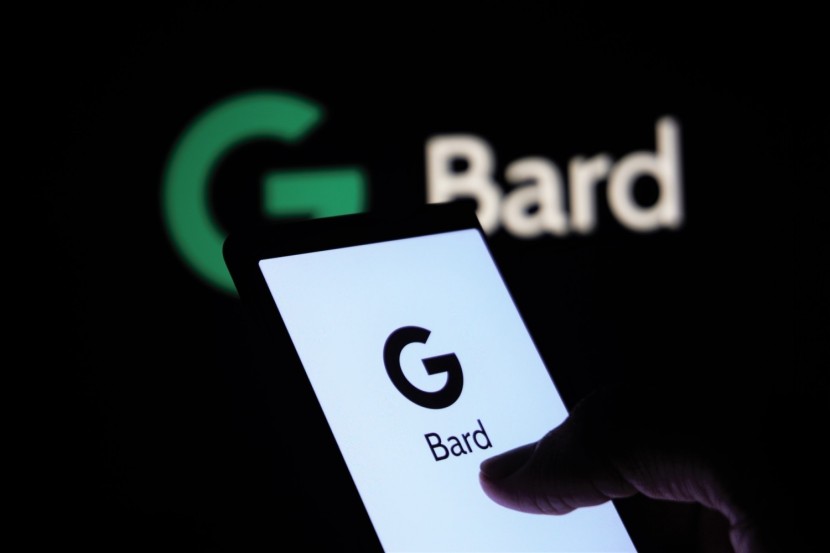
Google has postponed the debut of its generative AI chatbot, Bard, in the European Union scheduled for this week. This news was from the Irish Data Protection Commission (DPC), the tech giant's primary data protection body within the region.
This news broke first on Politico. This comes a long time after OpenAI released a free research preview in November 2022 of their competing chatbot, ChatGPT, without restricting access based on user location.
Bard's Launch Will Not Occur on the Scheduled Time
Graham Doyle, the deputy commissioner of the DPC, said Tuesday, June 13, that Google recently told the authority of its plan to debut Bard in the EU this week. However, he stated that the company had not presented the regulator with sufficient information before the scheduled date. Therefore, the launch will not occur on track.
Doyle remarked, "The DPC had not had any detailed briefing nor sight of a DPIA [data protection impact assessment] or any supporting documentation at this point."
Since then, DPC has urgently sought the said documentation and addressed a number of other data security queries with Google. However, the tech firm has not yet given its response. Hence, Doyle announced that Bard will not be launching this week.
The DPC did not elaborate on the precise issues it had brought up to Google about Bard.
Doyle said the DPC is continuing its investigation into the situation, and as soon as it has further information, it will share it with the other data protection authorities (DPAs). Meanwhile, a Google representative confirmed the company has been in contact with privacy authorities to answer their inquiries and get their feedback.
ChatGPT by OpenAI: A Competitor to Google's Bard
The release date for Bard in the EU is still unknown. Yet, according to TechCrunch, it should be noted that Europeans have had access to identical large language model (LLM) technology for months already, thanks to the fact that OpenAI did not restrict access to their ChatGPT research preview.
In fact, Google's Bard is also quite simple for users in the area to use by connecting to a VPN in the US or another market where the tool is accessible.
Meanwhile, ChatGPT has been linked to several security issues by other EU DPAs. Some of which may be applicable to Google's case, too. Concerns have been raised about how developers handle issues such as AI-generated disinformation, address child safety queries, and provide EU users with data access rights. The legal basis claimed for processing people's data to train LLM AI models is one such issue.
Indeed, ChatGPT attracted the attention of many EU DPAs. In April, it was temporarily forced to cease operation in Italy following intervention from the country's DPA, Garante.








